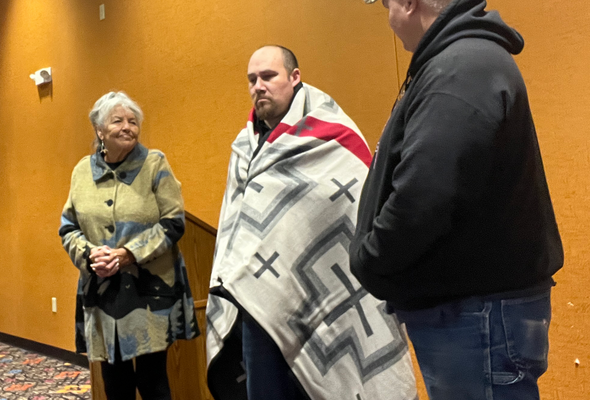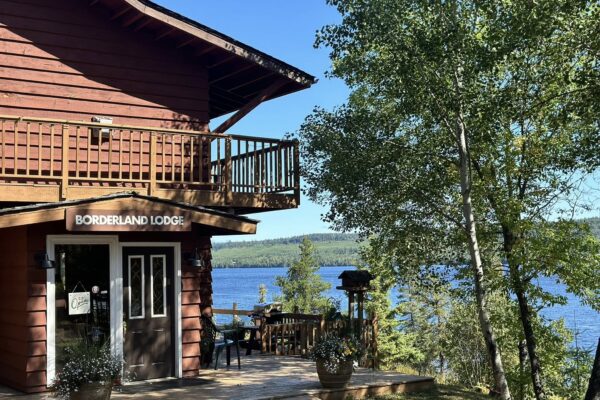Commerce commissioner talks future of clean energy in northeastern Minnesota
Power outages from severe weather have doubled over the past two decades across the U.S., as a warming climate stirs more destructive storms that cripple broad segments of the nation’s aging electrical grid, according to an Associated Press analysis of government data.
Forty states are experiencing longer outages — and the problem is most acute in regions seeing more extreme weather, U.S. Department of Energy data shows. The blackouts can be harmful and even deadly for the elderly, disabled and other vulnerable communities.
Power grid maintenance expenses are skyrocketing as utilities upgrade decades-old transmission lines and equipment. And that means customers who are hit with more frequent and longer weather outages also are paying more for electricity.
Some of these topics were discussed during a Nov. 17 event in Duluth focused on the future of clean energy and energy use in northeastern Minnesota. Among the means of addressing power outages and improving the electric grid across the state is a $2 billion investment from the federal government. Participating in the event was Minnesota Department of Commerce Commissioner Grace Arnold.
When it comes to the future of clean energy on the North Shore of Lake Superior, Arnold said during a recent WTIP interview that options such as geothermal and hydrogen could be a good fit.
“There are a ton of technologies that have renewable energy, we like to think of solar and wind, but they’re technologies like geothermal that actually might be really interesting for the North Shore area because of the geology and the way that the lake works,” she said. “We’ve just started talking about hydrogen as a lower carbon fuel source and the governor announced that we’ve partnered with other states to pursue a pot of federal funding for that.”
Arnold spoke with WTIP’s Joe Friedrichs Nov. 17 prior to the event in Duluth. Audio below.
The Associated Press contributed to this article.














